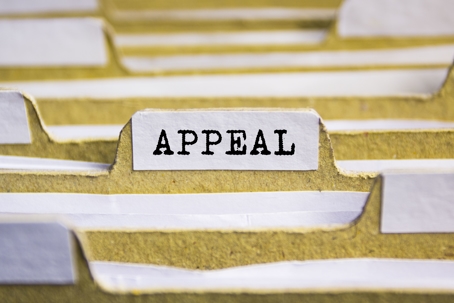On January 17, 2019, the Virginia Court of Appeals awarded an appeal in the matter Dilshad Dosky v. Commonwealth who was convicted of first degree murder in Fairfax County in 2017. Joe King represents Mr. Dosky on appeal. The grant means the Court of Appeals will hear the case on the merits and decide whether to reverse Appellant’s conviction. The grant also represents the firm’s second appellant grant in a murder case in the past three months. In October, the Virginia Supreme Court awarded an appeal in the matter of Adkins v. Commonwealth. In Dosky, the Court of Appeals will consider seven assignments of error:
1: The trial court erred in refusing to allow a critical defense witness to testify that the decedent had violently assaulted and robbed him in relation to a drug deal in a case where the Appellant asserted that he was also attacked by the decedent, defended himself with a pocket knife, and evidence supported that the decedent attacked the Appellant in an attempt to collect a perceived drug debt.
2: The trial court erred in refusing to allow character evidence that the decedent had a reputation for bullying and robbing under the incorrect belief that character evidence is limited to a person’s reputation for violence.
3: The trial court erred in overruling the Appellant’s objection to the Commonwealth impeaching her own witness in order to elicit purported statements made by the Appellant to support the Commonwealth’s theory of premeditated murder.
4: The trial court erred in denying Appellant’s motion for a mistrial due to juror bias established by three extraneous juror contacts during the trial where Juror Altman approached the lead detective and expressed he was pleased with his service during a break in the detective’s testimony, Juror Albanese approached a court room deputy in an effort to discuss the alleged murder weapon, and Juror Albanese, during the penalty phase of the trial, entered the Office of the Commonwealth’s Attorney, questioned a prosecutor about the workings of his office and during the trial court’s inquiry into this misconduct, Albanese expressed admiration for the prosecution.
5: The trial court erred in denying defendant’s motion to set aside the verdict due to extraneous juror contacts during trial (see Assignment of Error IV) followed by a Linked-In message sent to the Commonwealth within 24 hours of the verdict from Juror Altman, who had previously communicated to the lead detective that he was pleased with his service during trial, stating that “[w]e are all proud to have you working ‘on our side.’”
6: The trial court erred in refusing Appellant’s proffered involuntary manslaughter instruction where more than a scintilla of evidence demonstrated the killing was committed during a lawful act of self-defense and due to Appellant’s negligence.
7: The trial court erred in overruling Appellant’s relevancy objection to the Commonwealth playing portions of an interrogation video of Appellant when he was not being questioned by law enforcement showing him alone in the interrogation room—showing him attempting to sleep with his arm chained to the wall, eating potato chips, tapping a song, pointing his hand as if it were a gun, looking at his injured shin, and putting his hands in his pockets —in order to argue that Appellant’s purported “cool” demeanor somehow showed lack of remorse and was relevant to the Commonwealth’s theory of premeditated murder.

